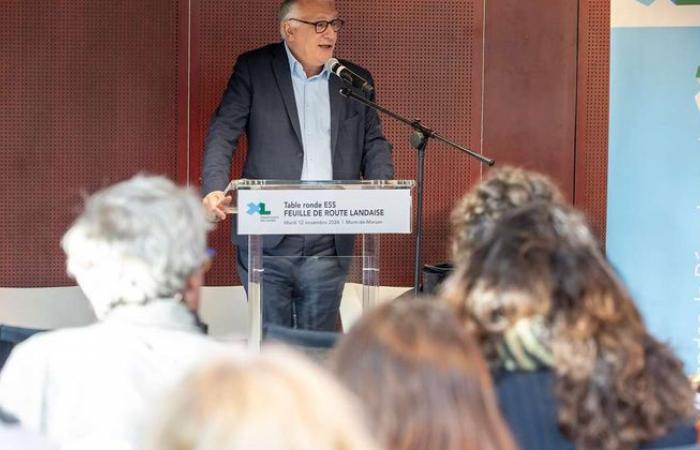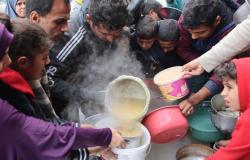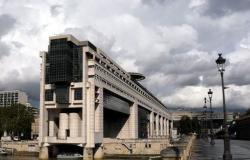Faced with current socio-economic challenges, the Social and Solidarity Economy (ESS) appears to be an innovative and responsible response. Founded on values of solidarity, shared governance and social utility, it brings together various structures: associations, mutual societies, cooperatives or social enterprises. This model, enshrined in law since 2014, is distinguished by its search for collective impact, placing humans and the environment at the heart of concerns.
In the Landes, the ESS is not limited to an economic utopia. It constitutes a real engine of local development, creating jobs and promoting social innovation while meeting the specific needs of residents. This Tuesday, November 12, in Mont-de-Marsan, the Department reaffirmed its commitment to this sector by unveiling its new 2024-2027 roadmap.
The Landes, fertile ground for the ESS
With 11,700 jobs spread across 7,000 structures, the Landes ESS surpasses the national average in terms of development. During the presentation, Xavier Fortinon, president of the Departmental Council, recalled the importance of continuing to support this sector in an uncertain economic context. Local initiatives demonstrate the concrete impact of the ESS on the territory.
Thus, L'Arbre à Pain, an integration workshop based in Tartas, perfectly illustrates this model. By offering varied activities, such as market gardening or maintaining green spaces, this structure allows 90 people to find employment each year. “ Our first impact is economic, but also profoundly social », explains its director, Corinne Mulquin, who also highlights the key role of reserved markets in financing the workshop.






